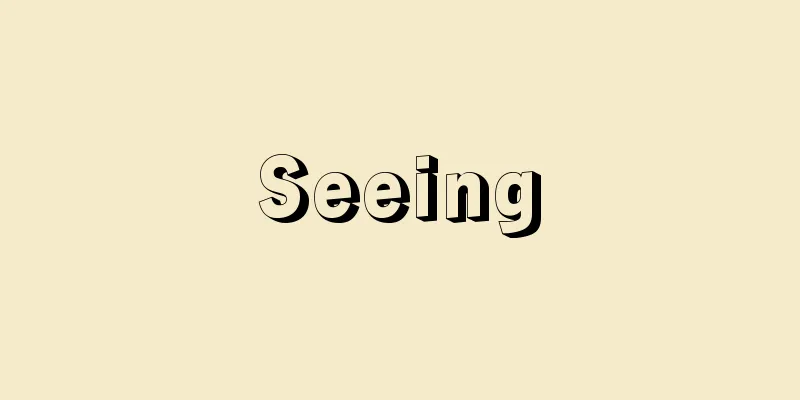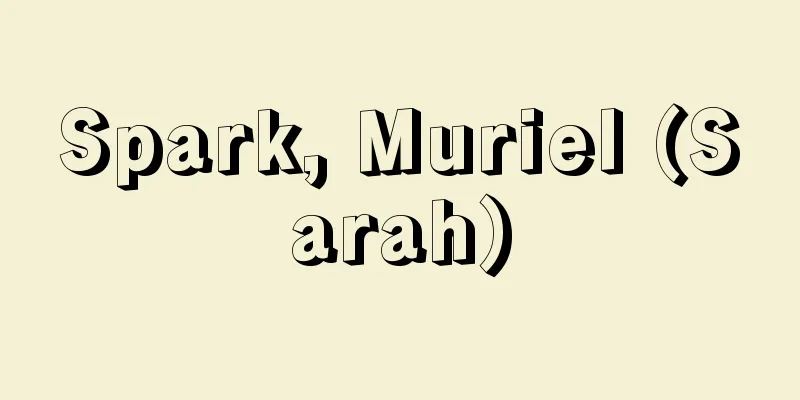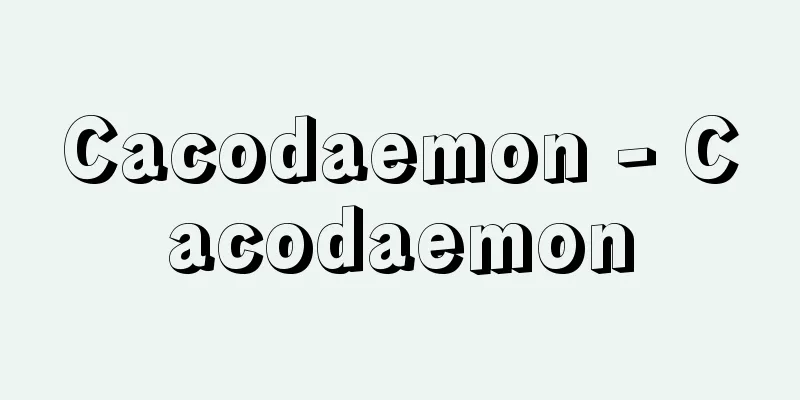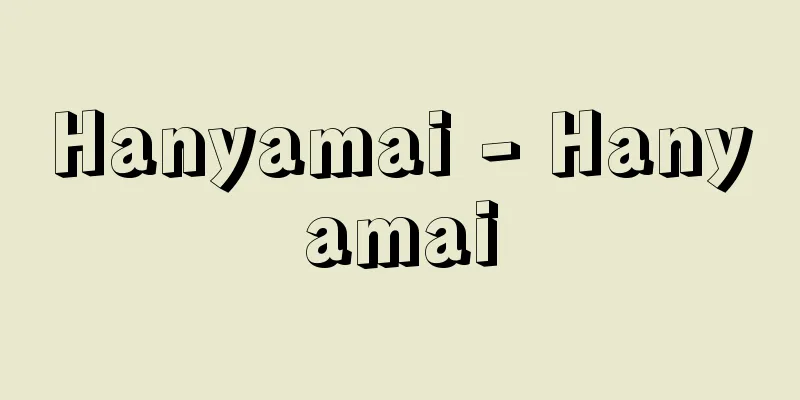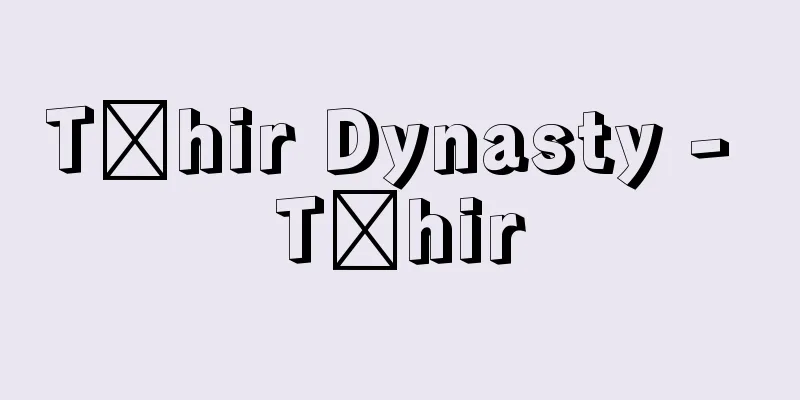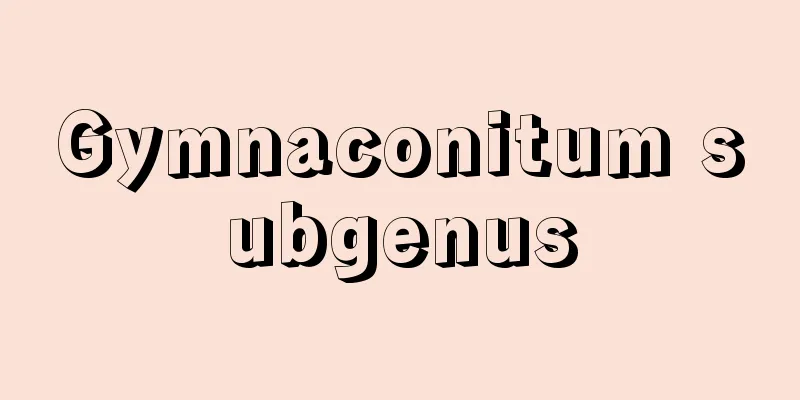Toquepala (English spelling)
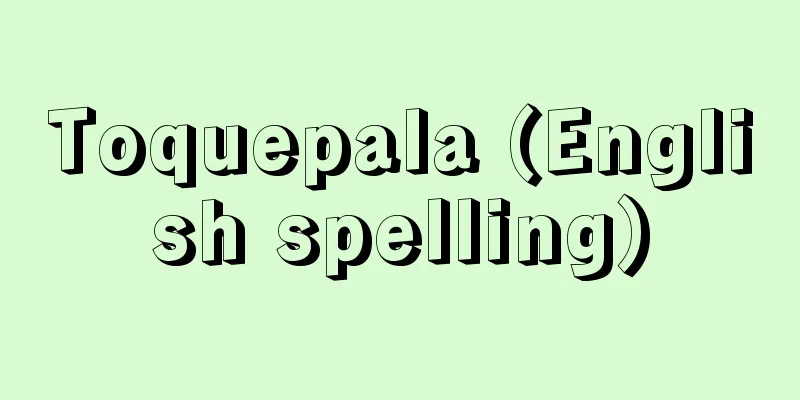
|
A cave ruin located on the southernmost coast of Peru. On the rock walls of a small cave about 10m deep, murals depicting hunters with weapons and camelids can be seen, using six colors of pigment including red, black, white and yellow. Known as a representative example of South American cave painting, its technique and magical nature mean it is often compared to European Paleolithic cave paintings. The stone tools discovered in the cave belong to the early stone tool tradition of the ancient Andes, and are estimated to date to around 7500 BC. [Kato Yasutake] Source: Heibonsha World Encyclopedia, 2nd Edition Information |
|
ペルー最南部海岸地方にある洞窟遺跡。奥行き10mほどの小洞窟内の岩壁に,赤,黒,白,黄など6色の顔料を用いて武器を持つ狩人やラクダ科動物を描いた壁画が見られる。南アメリカの洞窟絵画の代表例として知られ,その技法や呪術的性格などから,しばしばヨーロッパ旧石器時代洞窟絵画と比較して論じられる。洞窟内で発見された石器は古代アンデス初期石器伝統に属し,年代は前7500年ころと推定されている。【加藤 泰建】
出典 株式会社平凡社世界大百科事典 第2版について 情報 |
<<: Spiny dormouse - Spiny dormouse
>>: Ryukyu spiny rat (English spelling)
Recommend
Onigana - Onigana
...There are two theories about the Japanese name...
Nanjo clan
A powerful local lord in medieval Hoki Province. A...
Honko - Honko
Generally, it refers to regular workers (full-tim...
LD Converter - LD Converter
...The production ratio gradually decreased after...
Blue-tailed Magpie (fish) - Onaga
…Its English name is ruby snapper. Its tail fin...
Kasatkin, ID (English) KasatkinID
...later Archbishop (since 1906). Secular name: I...
Kertesz M.
...He was the most prolific director in Hollywood...
Guignol
Finger puppets. The head and hands of the puppet a...
Horny - Secret
Keratinized tissue occurs on the surface of verteb...
Magatsuhi no Kami - Magatsuhi no Kami
A god who appears in the Kojiki and Nihon Shoki. H...
Datura suaveolens (English spelling) Datura suaveolens
…[Nitta Aya]. . . *Some of the terminology that m...
Comet Encke (English spelling)
In November 1818, JF Encke was the first to calcul...
Takahashi Oden - Takahashi Oden
Year of death: January 31, 1879 Year of birth: 185...
Incense offering (incense offering) - Kouden
Money and goods given to the bereaved family at th...
Kimyochourai - A tribute to the deceased
To take refuge in a Buddha or Bodhisattva. Taking...
